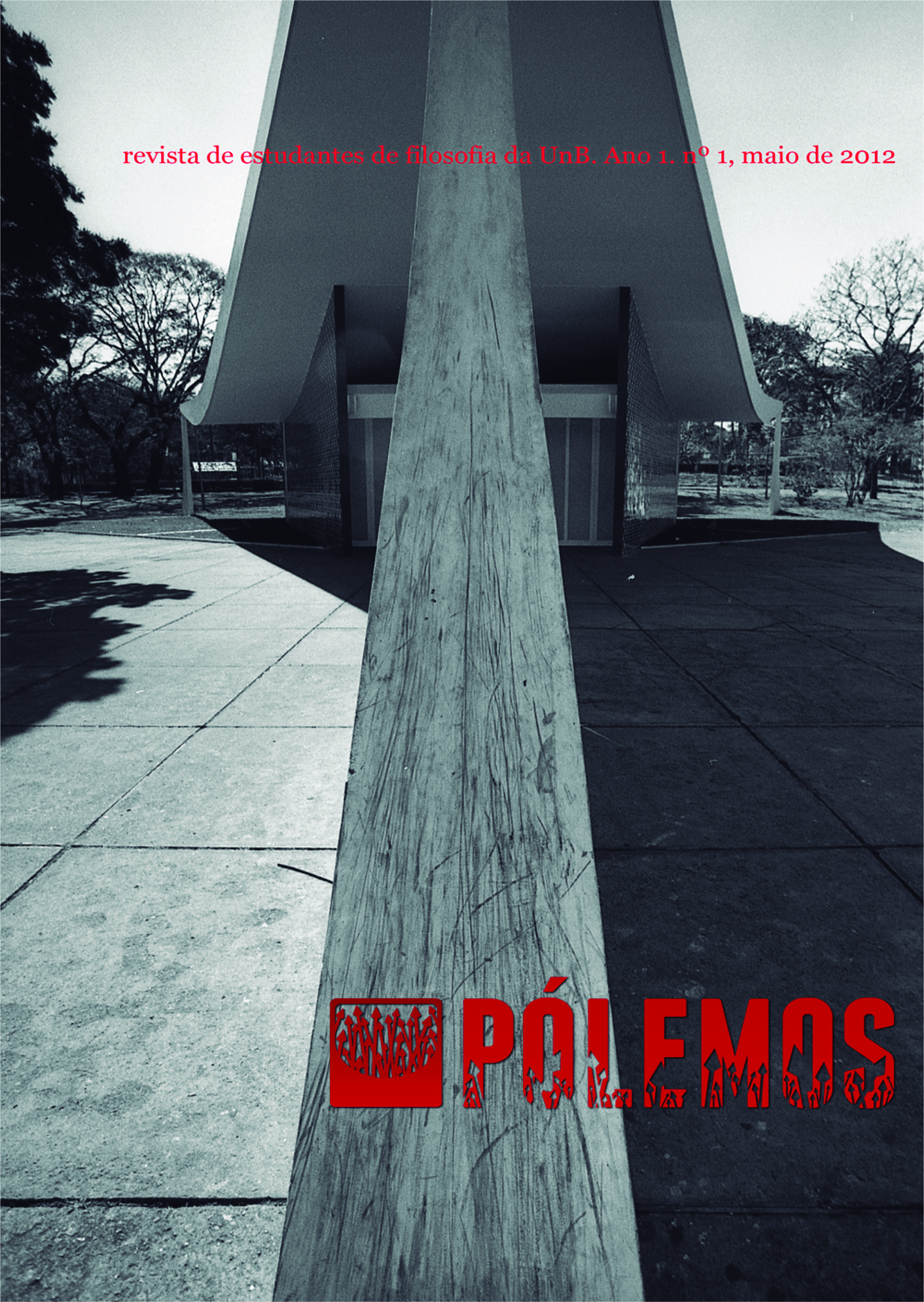EMANUEL LÉVINAS AND THE "END OF ETHICS"
DOI:
https://doi.org/10.26512/pl.v1i1.11480Keywords:
Otherness. Another Completely. Infinite. Singularity. Face.Abstract
This paper aims to present some central features of the thought of the philosopher Emanuel Lévinas, from his advocacy of the philosophical task as a task eminently ethical and that the conception of philosophy that we find in the Western tradition, which the ultimate foundation lies on the subject-centerd reason, does not provide a proper perspective to the treatment of otherness. Whereas, for Lévinas, the alterity would be the very starting point of philosophical reflection, and this tradition of absolute reason is not able to reveal it, the thought of Lévinas presents some approaches to a way of thinking called “end of ethics”. These approaches we seek to make clearer from the confrontation of the Lévinas’s thought with the ideas presented by J. Caputo in the text “The End of Ethics”.
Downloads
References
CAPUTO, John D.The End of Ethics. In:-The Blackwell guide to ethical theory. UK: Blackwell Publishers, 2000. pp, 111-128.
DOS SANTOS, Marcelo L. Emanuel Lévinas e a inteligibilidade da experienciação. Utopía y Praxis Latinoamericana, vol. 11, n 34, 2006.
ECHEVERRI, Luis G. J. & GARCÃA, Juan C. A. Rostro y Alteridad: de la presencia plástica a la desnudez ética. Revista Latinoamericana de Ciencias Sociales, Niñez y Juventud, 8 (1), pp. 175-188, 2010.
LEVINAS, E. Entre nós: ensaios sobre a Alteridade. Petrópolis: Vozes, 1997.
Downloads
Published
Issue
Section
License
Copyright (c) 2016 Pólemos

This work is licensed under a Creative Commons Attribution-NonCommercial-NoDerivatives 4.0 International License.
Todos os trabalhos que forem aceitos para publicação, após o devido processo avaliativo, serão publicados sob uma licença Creative Commons, na modalidade Attribution-NonCommercial-NoDerivatives 4.0 International Public License (CC BY-NC-ND 4.0). Esta licença permite que qualquer pessoa copie e distribua a obra total e derivadas criadas a partir dela, desde que seja dado crédito (atribuição) ao autor / Ã autora / aos autores / às autoras.


